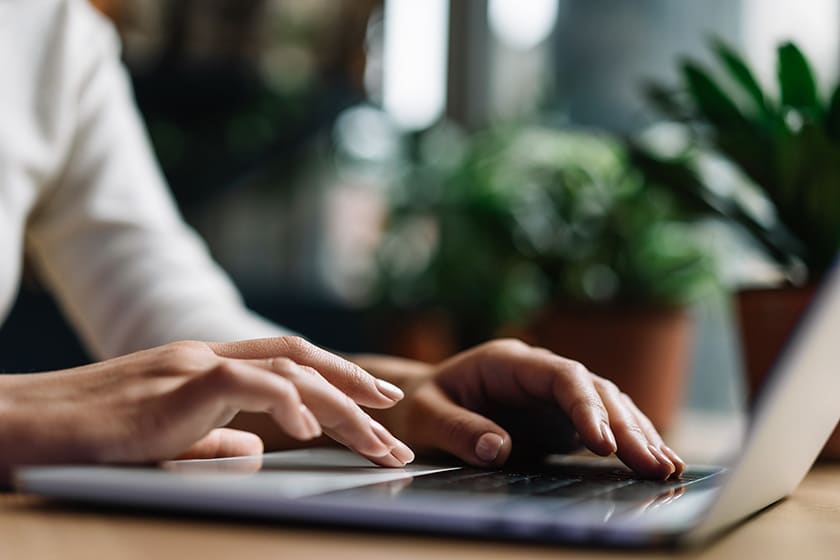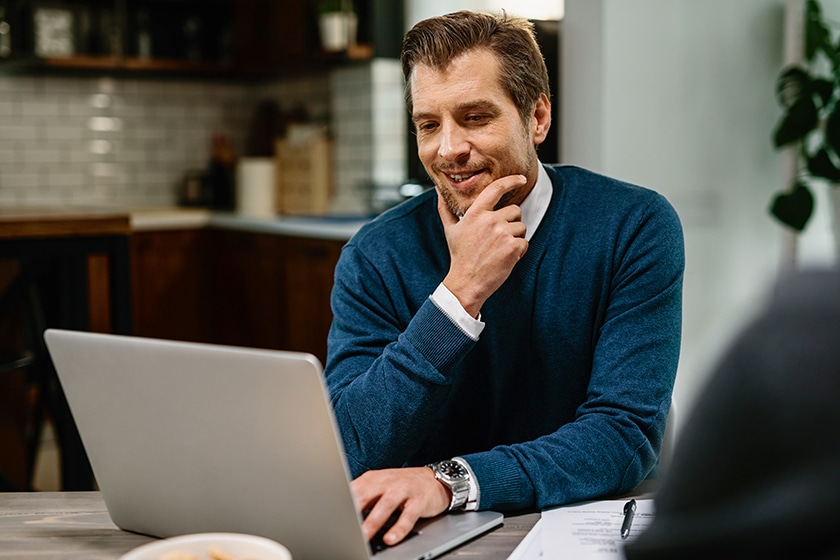Individuals willfully enter into legal battles against an employer, business partner, ex-spouse, or adversary to avoid sustaining losses or getting exploited financially. This exercise comes with strings attached, where the risk of failure occurs on both sides depending upon each party’s case’s strength.
However, serious questions arise when a party does not even have the resources to hire an attorney to begin the litigation process. Seeking legal assistance and representation is specifically expensive in the United States, where the average hourly rate for a lawyer is $284. Many attorneys do charge lesser fees, which is also costly for some.
Inability to Afford Legal Assistance
There is a significant chunk of the total population that does not have adequate resources to afford a lawyer. The inability to afford legal assistance has been a matter of grave concern globally, forcing governments as well as private organizations to come up with solutions to cater to this prevalent problem. Today, many countries worldwide, including the US, provide free legal representation to parties involved in criminal proceedings. However, this does not appear to be a rule in civil proceedings, which pertains to disputes between private parties. These parties are entirely on their own to hire attorneys for themselves and hence have to be self-reliant.
Seeking Legal Help for Free in Your Personal Capacity
As mentioned, alternative options to obtain trustable legal services do exist, but finding the right one for you is a challenge. Some of the most accessible alternatives involve seeking legal assistance in your personal capacity without paying charges to any legal professionals. You can go about with the following schemes to obtain legal help in the cases you are implicated in.
Contact the City Courthouse
Courthouses can often assist you well in your legal matters if they follow such a policy. In some states, courts are willing to offer free assistance to laypeople who look forward to proceeding with uncontested issues in person. The courts often provide the party who appears in person with adequate help on the law and its application to his case. This is when individuals approach the courts to file divorce paperwork. Also, since courts continuously entertain lawsuits for the “public good,” they have proper records of pro-bono practicing attorneys maintained. These courts can hence be of great help to obtain leads to such attorneys for your reference.
Seek Free Consultations from Lawyers
Some attorneys offer free-of-cost initial consultations, which usually take the form of phone calls or videoconferences but are also done face-to-face by many. Such consultations can be of great help in understanding the nature and depth of the matter at hand and the legal remedies available. There’s absolutely nothing wrong with such consultations, which are willfully provided for free by attorneys to give people a sense of the legal aura surrounding their case and attract them as potential clients. Seeking free consultation sessions from multiple lawyers will also hint to you who would be the right person to engage with or any other resort.
Legal Aid Services
If none of these schemes turn out to be beneficial, you can make recourse to other alternatives that come under the umbrella term “Legal Aid Services.” These services are provided nationwide through different projects falling under governmental and private sectors for people who cannot afford legal assistance. These services vary from state to state and city to city for being provided from different platforms. The following are some of the ways that can be considered to obtain legal aid. You may have to conduct sufficient research locally to know the exact details of your locality’s legal aid services.
Legal Clinics & Law Firms
Legal clinics conduct operations to impart legal help to the needy, mostly in civil matters. Many legal clinics are funded by the Legal Services Corporation (LSC), a federal body created by Congress to ensure legal aid’s availability to the maximum number of people possible. Legal clinics are often run by non-profit organizations with permanent attorneys on panels or lawyers volunteering by having registered themselves with the clinic. Moreover, there also exist dedicated law firms devoted to providing legal aid to the needy. These firms may either operate independently or be affiliated with several legal clinics that may refer clients in need of legal assistance. Such clinics and firms may even have minimum income restrictions to prevent the exploitation of their services by those who can afford them.
Pro Bono Attorneys
Even without practicing under the banner of a legal clinic or a law firm dedicated to providing legal aid, independent practitioners often take up cases free of charge to contribute to society. The attorney providing pro-bono services donates a fair share of his resources, which he may ethically be required to do. Specific bar associations require their members to serve a minimum number of hours spent providing pro-bono services. In contrast, some bar associations offer free consultations over the phone to those in need.
Other Ways of Obtaining Help: Contingency Matters
You can also arrange with your attorney to pay him his professional fee as a percentage of the total compensation or settlement that you receive at the end. Under this arrangement, the client generally does not have to pay until monies are recovered from the case. If required, he may only have to pay for certain costs of the case. Such an arrangement is risky for the attorney, who has his remuneration dependent solely upon the case’s outcome. Hence, the agreement over contingency depends heavily upon the case’s facts and strength, the attorney’s expertise, and his prediction of the result in his favor.
Eventually, the more research is conducted on the options available for you, the more you get an idea of your case’s actual position. It is also bound to increase your chances of landing an offer for legal assistance that is affordable yet suitably fine for the case. Although challenging, you may either secure a pro-bono attorney or arrange a lawyer who agrees to take your case on contingency.
If you need legal funding assistance, please call us at 888-711-3599 or apply here to see if you qualify.









